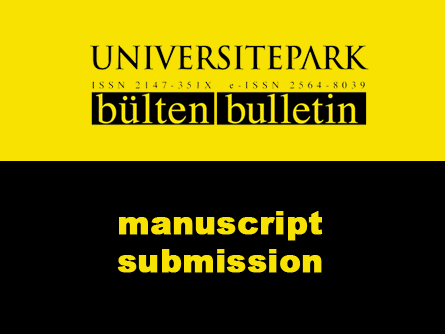Attitude Exploration Using Factor Analysis Technique
pp. 13-25 | Published Online: December 2016 | DOI: 10.22521/unibulletin.2016.512.2
Monika Raghuvanshi
![]() Full text PDF |
2827 |
2453
Full text PDF |
2827 |
2453
Abstract
Attitude is a psychological variable that contains positive or negative evaluation about people or an environment. The growing generation possesses learning skills, so if positive attitude is inculcated at the right age, it might therefore become habitual. Students in the age group 14-20 years from the city of Bikaner, India, are the target population for this study. An inventory of 30Likert-type scale statements was prepared in order to measure attitude towards the environment and matters related to conservation. The primary data is collected though a structured questionnaire, using cluster sampling technique and analyzed using the IBM SPSS 23 statistical tool. Factor analysis is used to reduce 30 variables to a smaller number of more identifiable groups of variables. Results show that students “need more regulation and voluntary participation to protect the environment”, “need conservation of water and electricity”, “are concerned for undue wastage of water”, “need visible actions to protect the environment”, “need strengthening of the public transport system”, “are a little bit ignorant about the consequences of global warming”, “want prevention of water pollution by industries”, “need changing of personal habits to protect the environment”, and “don’t have firsthand experience of global warming”. Analysis revealed that nine factors obtained could explain about 58.5% variance in the attitude of secondary school students towards the environment in the city of Bikaner, India. The remaining 39.6% variance is attributed to other elements not explained by this analysis. A global campaign for improvement in attitude about environmental issues and its utility in daily lives may boost positive youth attitudes, potentially impacting worldwide. A cross-disciplinary approach may be developed by teaching along with other related disciplines such as science, economics, and social studies etc.
Keywords: attitude, environment, youths, factor analysis technique
ReferencesEilam, E., & Trop, T. (2012). Environmental Attitudes and Environmental Behavior-Which is the Horse and Which Is the Cart? Sustainability,4, 2210-2246.
Flamm, B. J. (2006). Environmental Knowledge, Environmental Attitudes, and Vehicle Ownership and Use. Doctoral dissertation. University of California, Berkeley.
Kaiser, F.G., Sybille, W., &Fuhrer, U. (1999). Environmental Attitude and Ecological Behaviour. Journal of Environmental Psychology, 19, 1-19.
Malhotra, Y. (2003). Measuring knowledge assets of a nation: knowledge systems for development. In Research Papers prepared for the Invited Keynote Presentation at meeting, Knowledge Systems for Development. Retrieved from http://citeseerx.ist.psu.edu/viewdoc/download?doi=10.1.1.6.878&rep=rep1&type=pdf on 03.10.2016.
Stone, M. H., Lewis, C. M., & Beck, A. P. (1994). The structure of Yalom’s curative factors and outcome in long-term inpatient groups. International Journal of Group Psychotherapy, 44, 239-245.
Wright, M., & Klyn, B. (1998). Environmental Attitude-Behaviour Correlations in 21 Countries. Journal of Empirical Generalisations in Marketing Science, 3, 42-60.
UNIBULLETIN News!
► New issue coming soon! (Volume 13 Issue 1, 2024)
► Call for Papers
UNIBULLETIN is calling for submissions. Authors are invited to submit papers from the all fields of the Education (General) and Social Sciences (General) in the international context. All submissions should be presented only in English.
